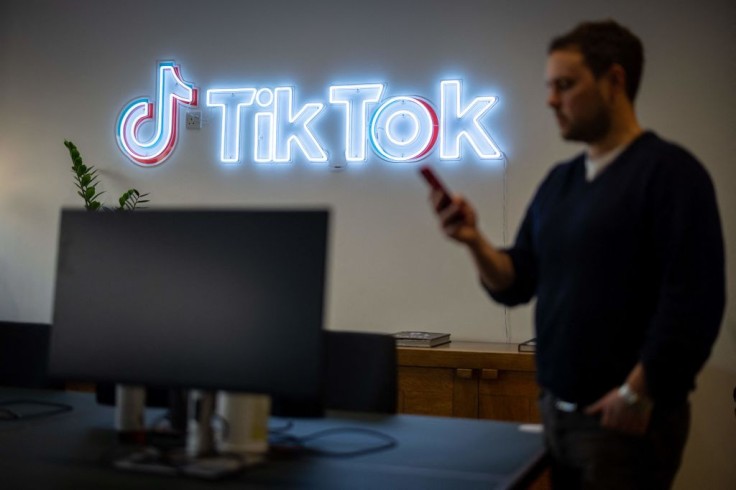
Teens and young adults are apparently turning to TikTok videos to self-diagnose their mental health disorders and it's raising some concerns for doctors who have seen patients who are sure of their condition before a confirmed diagnosis from a professional.
Dr. Michael Klinkner, a clinical director and counselor in Phoenix, told AZFamily that self-diagnosing mental health disorders are becoming a dangerous trend on TikTok. He has young patients coming to him, who are convinced that they have anxiety because they relate to the videos of other TikTok users.
But the expert said that some kids are so contained in that echo chamber full of TikTok influencers that they want to relate to what they see. If they are watching more than 10 hours of content, they become stuck in this echo chamber and then end up convincing themselves that they also have the same mental health disorders as the other TikTok users.
"It may not be inherently bad because you're bringing awareness to problems," Klinker said. However, he suggested for kids to talk to their parents, a counselor, or even a professional if they feel they have the symptoms.
Parents, Get to Know Your Kids
Psychologist Dr. Laurel Kramer, on the other hand, advised parents to link their children's TikTok accounts to their own for easy monitoring. She also told parents to get to know their children better so they can notice if there are any changes in their behavior.
Dr. John Delatorre, another psychologist who treats patients in Arizona and Texas, said that TikTok videos are user-created videos and not an actual diagnosis. In most cases, these users are relatable to their audience so they tend to be more "believable" despite their amateur armchair diagnoses.
Dr. Naomi Murphy, the co-founder of Octopus Psychology, said that professionals conduct lengthy assessments of their patient's conditions based on a range of contexts. Thus, consultations take a series of conversations, not a three-minute video on TikTok.
In reality, most of the mental health disorders "diagnosed" on TikTok are rare. For instance, only 1.4 percent have a borderline personality disorder in the U.S. although the hashtag #borderlinepersonalitydisorder has billions of views on the video-sharing platform.
Yet if patients do not seek a proper consultation from professionals, then they could be misled or confused. They could also feel so much worse because they got their informal assessment from a content creator who oversimplifies or incorrectly provide the information on TikTok.
Poor Mental Health in Teens Even Before the Pandemic
Meanwhile, the U.S. Centers for Disease Control and Prevention released a new report stating that 1 in 5 American teenagers have experienced poor mental health even before the pandemic based on data culled between 2013 to 2019. However, the report also cited that only 10 percent of teens turn to mental health services for help.
For kids who do come to their parents to seek help for their mental health issues, it would be best to talk it over and then arrange to see a professional. Parents also need to listen to their children very well as the damages of self-diagnosis could be hard to undo.
Related Article: Reverse Seasonal Depression: How to Manage SAD in the Springtime